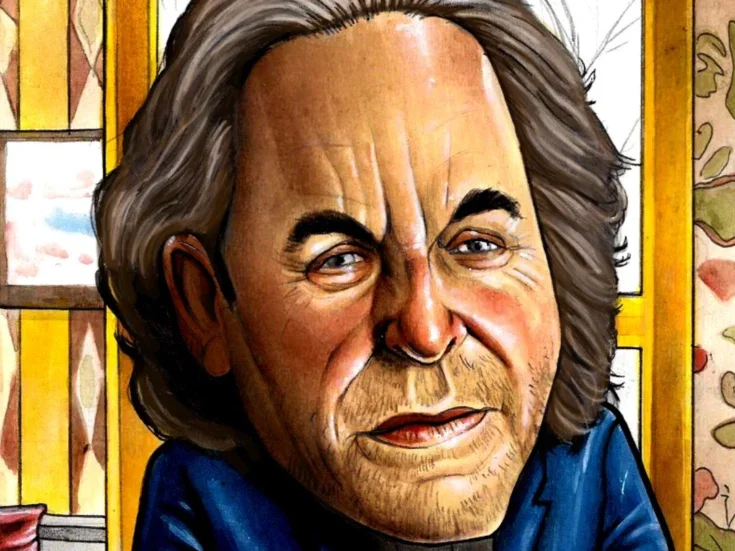Smash your icons and cast down your idols Judgment Day is upon us. Galleries and auction houses are seeing their icons and idols crack and crumble before their very eyes: what would once have been a record-smashing Warhol cannot even look its estimate in the eye; the small fortune paid for butterflies and skulls now seems a gaudy last fling of the dice.
Smash your icons and cast down your idols — Judgment Day is upon us. Galleries and auction houses are seeing their icons and idols crack and crumble before their very eyes: what would once have been a record-smashing Warhol cannot even look its estimate in the eye; the small fortune paid for butterflies and skulls now seems a gaudy last fling of the dice.
It does not seem premature to announce, despite the desperate protestations of galleries and auction houses, that the age of art fever, the era when ‘Monet’ and ‘money’ were pronounced indistinguishably, is over.
One ought not to take (too much) pleasure in this, but it has been felt for a while that a swift kick in the Rubens was just what was needed. Every time a record was broken at a sale, all we heard was that ‘they buy for love, not investment’. People spend hundreds of pounds on jewellery for love: £40 million on a Klimt is not love, it is a demented obsession.
Save your laments: it is enough that the crowing from Cork Street is over. You would think that the sound of panic is riotous clamour, but what the auction houses dread is a silence broken only by the plaintive cries of the presiding auctioneer.
This should not by any means be taken as a blast against art: Spear’s WMS, as this issue’s Art and Collecting Special shows, is as much in love with the creative as ever. What we do not love is the hype or the genuflections in front of gilt frames. Search out the original, condemn the empty.
It might seem even odder if we praise the recession. It is not a pleasant experience for the high-fliers who have had their wings clipped, or indeed for those who suffer collateral damage as the high-fliers plummet. But for art? It is right up there with civil war and emotional turmoil as a spark for creativity.
A little look over the shoulder will confirm the truth of this. Italy of the Borgias endured perpetual war and — per Orson Welles in The Third Man — it gave us Michelangelo and Leonardo da Vinci.
The English Civil War gave rise to Restoration drama and civilised comedies, as well as Milton’s Paradise Lost, whose rebellious angel has all the fervour of Cromwell with none of the Puritanism, and Andrew Marvell’s wonderful A Garden, with its regiments of flowers.
Peer even further into the distance and you can see Rome. The civil war between Marc Antony and Octavian drove Virgil and Horace to their greatest achievements.
As well as the inspiration of crisis, it also engenders creative destruction, where the old guard whose names are heavier than their thoughts fall at the feet of a new generation.
To see this in action, witness the flailing of salerooms versus the cool triumph of Tate Britain’s Triennial: a show with the rising stars of global art, exploring new forms and connecting with the world in original ways, the Triennial proved that it is time to focus on a new generation.
It would be too great a wish for the recession to restore complete sanity to the art world: after all, the creative impulse is not something which obeys the same rules as humdrum society does. It is not, however, too great a wish that it gives the next generation of artists and buyers some fresh air, some breathing space.







